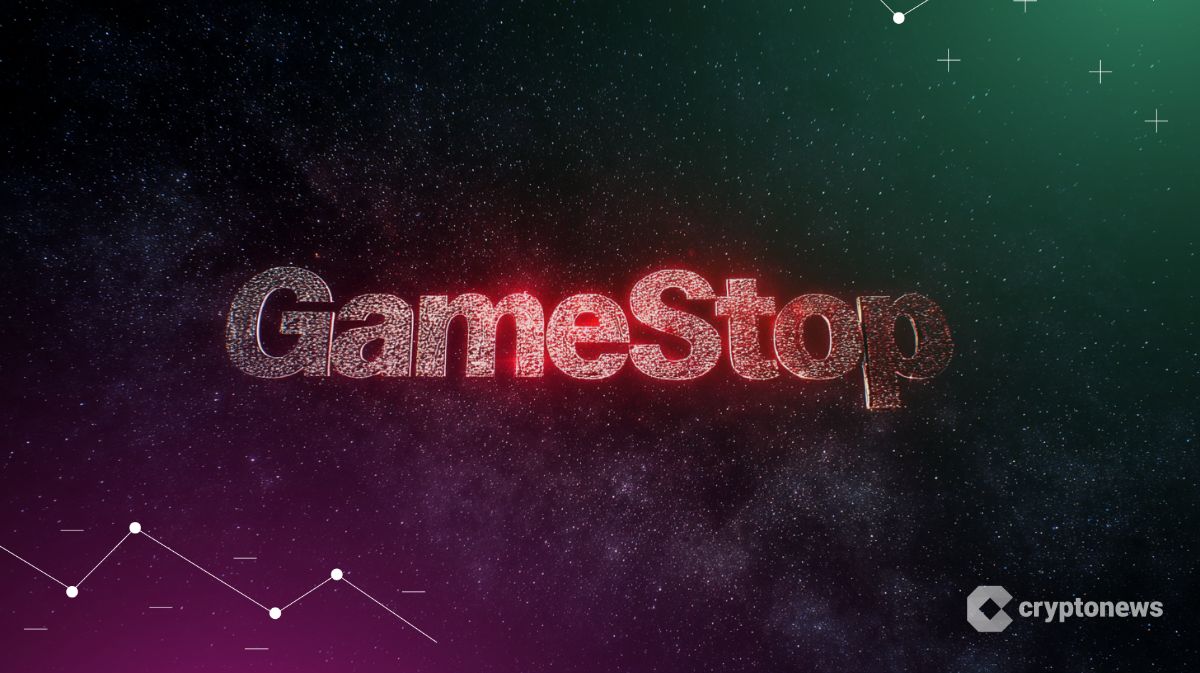Here’s why the stock and crypto markets rose after the US inflation data
The stock and crypto markets drifted upwards on Tuesday, July 5, after the U.S. published mixed consumer inflation data.
Futures tied to the Nasdaq 100 and S&P 500 rose by 160 and 30 points, respectively. Bitcoin (BTC) pared back some of its initial losses and moved back above $118,000. Other altcoins like Ethereum (ETH) and Cardano (ADA) also erased some of the losses.
The stock and crypto markets rose after data from the Bureau of Labor Statistics showed that core inflation, which excludes volatile food and energy prices, missed analysts’ estimates for the fifth consecutive month.
Core CPI rose from 0.1% in May to 0.2% in June, falling short of the 0.3% forecast. The annualized figure increased from 2.8% to 2.9%, also below the expected rise to 3%.
The report also showed that headline consumer inflation rose from 2.4% to 2.7% on a year-over-year basis and from 0.1% to 0.3% month-over-month. This annual increase was in line with what analysts polled by Reuters were expecting.
Stocks and crypto markets rose while bond yields fell, as the data pointed to a potential interest rate cut at the Federal Reserve’s September meeting. That’s because the 0.2% monthly core inflation figure is consistent with the Fed’s 2% target.
The Fed has reiterated that it will remain data-dependent when determining the timing of rate cuts. Officials have also argued that President Donald Trump’s tariffs will gradually lift inflation and push it further from the 2% goal.
What’s next for the crypto market?
The cryptocurrency market is likely to perform well in the long term, as analysts anticipate the Federal Reserve will begin cutting interest rates later this year.
Odds of a rate cut have jumped to 82% on Polymarket, while most users expect two cuts this year. Wall Street analysts from institutions like Goldman Sachs foresee three cuts this year, while Morgan Stanley expects seven cuts in 2026.
Cryptocurrencies and other risk assets tend to perform well when the Fed is easing policy, as seen during the COVID-19 pandemic and again in 2024. The Fed slashed rates to zero during the pandemic and implemented two cuts last year.
The rally is also driven by supply-demand dynamics. Bitcoin and Ethereum ETF inflows and corporate treasury demand have jumped, while token supply on exchanges continues to decline.
You May Also Like

A giant whale sold $3.52 million of FARTCOIN in exchange for nearly 600 million PUMP

GameStop CEO Says Bitcoin Bet Is a Hedge, Not a Strategy Copy
